This programme was initiated by UNDP Africa in 2021. Its primary aim is to get a lot of private and public sector partners to help set up eight Timbuktoo Hubs in places that are known to have strong startup ecosystems, such as Accra, Nairobi, Cape Town, Lagos, Dakar, Kigali, Casablanca, and Cairo.
Each Hub will be run privately and will focus on a single industry vertical, such as Fintech, Agritech, Healthtech, Greentech, Creatives, Tradetech and Logistics, Smart Cities and Mobility, or Tourismtech.
This programme is built around a Parent Fund of catalytic grant capital, which, along with catalytic partners who care about making an impact, would pay for a network of Hubs and a Headquarters.
- Rwanda invests US$3 million to start the timbuktoo Africa Innovation Fund which will be hosted in Kigali.
- Currently, Africa’s share of global startup value stands at just 0.2 percent, compared to 2 percent of global trade value. The vast majority, 89 percent, of venture capital coming into Africa is foreign capital and 83 percent is concentrated in four countries: Nigeria, Kenya, South Africa, and Egypt. Over 60 percent of capital flowing to one sector, fintech.
- The Parent Fund will give guarantees or first-loss capital in the form of a small share to each of the commercially focused Hub Venture Funds. timbuktoo’s ambition is to mobilize and invest US$ 1 billion of catalytic and commercial capital to transform 100 million livelihoods and create 10 million dignified new jobs.
- What makes timbuktoo unique is its design, which blends commercial and catalytic capital to de-risk private investment, with a pan-African approach to supporting startups, while also focusing on the whole ecosystem, engaging and deepening the linkages between government policy, universities, corporates, development partners, catalytic partners, and commercial investors.
Accelerators and innovation labs:
Promoted by the UNDP, timbuktoo aims to address critical gaps and work with African governments,investors, corporates, and universities, to support the African startup ecosystem.
- timbuktoo builds on a number of innovation labs supported by UNDP in Africa (2019-2023). An Accelerator Lab network relies on innovation ecosystems to promote local innovations, map them, experiment with them and scale them to provide rapid responses to development challenges.
- Below is the list of accelerators supported by UNDP in Africa:
Accelerator Lab - Malawi ; Accelerator Lab – Mali; Accelerator Lab - Cote d'Ivoire; Accelerator Lab - Cameroon; Accelerator Lab - Sudan; Accelerator Lab - Angola; Accelerator Lab - Benin; Accelerator Lab - Morocco; Accelerator Lab - Uganda; Accelerator Lab - Kenya; Accelerator Lab - Zambia; Accelerator Lab - South Sudan; Accelerator Lab - Togo;Accelerator Lab - South Africa; Accelerator Lab - Namibia; Accelerator Lab - Zimbabwe ; Accelerator Lab - Nigeria; Accelerator Lab - Tchad; Accelerator Lab - Libya; Accelerator Lab - Tanzania; Accelerator Lab - Eswatini; Accelerator Lab - Rep du Congo ; Accelerator Lab - Ghana; Accelerator Lab - Cabo Verde; Accelerator Lab - Mozambique; Accelerator Lab - Sierra Leone ; Accelerator Lab - Guinea ; Accelerator Lab - Niger; Accelerator Lab - Algeria; Accelerator Lab - Lesotho; Accelerator Lab - Gambia ; Accelerator Lab - Tunisia; Accelerator Labs - Senegal; Accelerator Lab - Egypt; Accelerator Lab - Guinea Bissau ; Accelerator Lab - Mauritius and Seychelles; Accelerator Lab - Mauritania.
- Example: Lesotho innovation lab.
The Lesotho Accelerator Lab posted a pesticide discovery by a maize farmer. On his innovation, the farmer uses a powdered pesticide made from crushed herd of elegant grasshoppers which fed and destroyed crops on his fields. Thus far, engagements on the solution were positive, however, more insights are required to shape the experiment design. The findings from the various bioassay analyses conducted found that elegant grasshoppers have chemical compounds, which gives them pesticidal-like characteristics. Some notable issues still requiring further intelligence include sustainability of the solution, social ethics and acceptance in Lesotho. If the Lesotho Accelerator Lab can obtain a commercial solution based on this innovation, there will be more value addition to the Lesotho agricultural sector outcomes on possible organic production practices.
University Innovation Pods (UNIPODS) across 13 African countries
The first phase (2022-2024) of timbuktoo of this 10 year programme, entailed designing the model, establishing University Innovation Pods (UNIPODS) across 13 African countries.
Major bottlenecks stifling the emergence of new enterprises from the innovation ecosystem are:
- Limited linkages between academia and industry due to fragmentation of various players and resources in the technology and product development value chain.
- Inadequate specialized facilities and human capital to support technology development, product development and commercialization in various innovation clusters.
- Absence of necessary regulatory policies to support growth of clusters of technology development within the ecosystem.
- Inadequate private sector participation in enhancement of the innovation ecosystem.
- Limited capacity for policy implementation in the national innovation ecosystem.
- Inequality in distribution of innovation and research opportunities – most being urban based.
A first generation of UniPods (2022-2023) were set up in:
- UniPod South Sudan: Worth $1.2million, the UNIPOD facility is furnished with equipment for; woodwork lab, Agri/Food Tech Lab, Textiles/Fabrics, Electrical & Electronics Lab, Audio Visual & Augmented Reality/Visual Reality (AR/VR) Lab, and other spaces.
- UniPod Liberia: 28/07/2023. The US$600,000 (six hundred thousand) UniPod Project funded by UNDP, will be hosted at the River View Complex, Fendall, University of Liberia. In addition, an Orange Digital Center in Congo Town in Monrovia will feed into the UniPod at the University of Liberia in partnership with Icampus. The center will contain makerspace (electronic, textiles and 3D printing, digital media production etc), computers and accessories with workstation (engineering, environment, agriculture, business).
- UniPod Mali: Le Centre d’Innovation Technologique Timbuktoo (CITT). In Mali, the choice fell on the Abderhamane Baba Touré National School of Engineers (ENI-ABT) to host the center. ENI-ABT is a public university establishment with the technical prerequisites necessary for rapid adoption of the technological innovation center model. The UniPOD is made up of thematic prototyping laboratories (textiles, energy, foodtech, robotics, etc.), laboratories or design spaces, offices and collaborative work spaces,. The Accelerator Lab which is the UNDP innovation unit in Mali, will support the Pod in networking and technical support in the programming and organization of events. It commissioned in July 2022 a mapping study of the actors and solutions of the ecosystem.
- UniPod Nigeria: The goal of UniPOD is for more than 1,000 startups to grow to a significant size and have a positive effect on more than 100 million people's lives and the environment, generating a ten-fold return of over ten billion dollars in wealth and value creation for Africa's economies. Startups, investors, government partners, innovation and accelerators hubs all participated in substantive conversations about timbuktoo and the Nigerian startup ecosystem during the timXLagos event (17/08/2022) which was hosted in collaboration with Ventures Park and Impact hub Lagos.
- Mauritania UniPod: UNDP Accelerator Lab Mauritania brought together diverse, stimulated minds, to discover new ways of dealing with Informality in the agricultural sector, Access to Healthcare and Waste Management in a collective intelligence process.
- The mapping process led to discover a local innovator (RiMCompost) working on transforming waste from palm trees to compost. This innovator uses locally available materials to increase soil fertility, knowing that only 5% of Mauritania’s total land surface is arable. Agronomists, governments officials, agricultural specialists, gardeners, and farmers were brought together to discuss and exchange ideas on composting in Mauritania. At the end of the discussion, it was suggested to first test the compost in a chemical laboratory to see the different nutritional components and conduct an experimentation – one farm with this compost and another farm with imported compost–. This allow to make a valuable comparison to see what exactly works. If the experiment is successful, the product will be certified through the Ministry of Trade, Industry, Handicrafts and Tourism and a scaling- up plan will be developed.
- During the collective intelligence sessions, Accelerator Lab-Mauritania brought together, small scale producers, developers, wholesale buyers, experts, and government officials to discuss collectively the possibility of developing an innovative digital platform, that will integrate and bundle the products of small-scale producers into large quantity for market. This solution will address the challenges faced by small crops and livestock entrepreneurs in the areas of farm input supply, financing, market access, and decision support tools.
- Benin UniPod. Pôle d'Innovation et de Technologie à l'Université d'Abomey. For its implementation in Benin, UNDP has mobilized funding of approximately 3 million USD for a period of three years. At least 50 innovative companies are to be created and managed by 2027, based on revolutionary products prototyped and produced within the Abomey Calavi Innovation and Technology Pole. - See: Opérationnalisation de l’initiative Timbuktoo à l’Université d’Abomey
- Guinee UniPod. Pôle d’Innovation et de Technologie au sein l'Institut Supérieur de Technologie (IST) de Mamou. For the first year, there will be 15 incubators in the field of food technology, financial technology and electronics, industrial mechanics and creative and visual arts.
- Togo UniPod Pôle d’Innovation et de Technologie
- Named ‘Mukuba’ which means mineral rich ore in Bemba, one of Zambia’s local languages, the Mukuba UniPod is strategically situated within Copperbelt University, at the epicenter of Zambia's academic and entrepreneurial ecosystem.
- This strategic location not only fosters synergies between academia and industry but also
positions the UniPod to capitalize on Zambia's burgeoning mining sector — which is increasingly becoming key in climate action as the demand for rare-earth minerals grows. - One of the technologies housed in the Mukuba UniPod is an Electric Vehicle (EV) Training Kit which provides innovators like Mwanza a great opportunity to learn the technology behind the design of efficient EV batteries and powertrains. (In 2011, a student team designed an electric car and scaled up to become a major company named Kiira Motors).
- renewable energy-saving stove, the Slag stove, aims to reduce household energy costs while promoting sustainability in local communities.
- The UniPod also provides assistance in commercializing their concept, courtesy of the Technology Transfer Office situated within the UniPod.
Malawi UniPod
06/03/2024. UNDP Malawi has partnered with the Malawi University of Business and Applied Sciences (MUBAS), providing both technical expertise and financial support to establish a University Innovation Pod (UniPod) in Malawi.
- The timbuktoo UniPod, stands as a distinctive venture situated at Malawi University of Business and Applied Sciences.
- The UniPod encompasses various key spaces, including a collaborative ideation space, Design Lab and a Makerspace featuring five specialized labs: electronics fabrication, mechanical fabrication, Computer Numerical Control Fabrication, wood workshop, digital creative arts lab.
- Furthermore, the UniPod encompasses a business nursery and a dedicated technology transfer office, further enriching its offerings.
- Its primary objective is to provide essential support to youthful innovators by providing them with cutting-edge infrastructure that caters to innovation prototyping, experimentation, and small-scale manufacturing.
- The UniPod aims to foster the creation of prototypes that hold significant potential for transforming into commercially viable products hence provides an alternative for export substitution.
- Watch the recording of the opening.
Uganda UniPod
In 2022, the UNDP Uganda Accelerator Lab team embarked on an assessment of Uganda's Startup Ecosystem in Uganda, helping inform design of the National Startup Strategy Roadmap. Cognizant of contributions of the Startup community to Uganda’s economic growth, especially through emerging fintech, food-tech, software, and data startups, the sector is still ranked low as indicated by Startup Blink 2022 rankings.
Launch of the initiative at the World Economic Forum in Davos
16/01/2024. UNDP And African Leaders Launch Timbuktoo Initiative To Unleash Africa’s Startup Revolution
- HE Paul Kagame, President of Rwanda
“We cannot accept that another generation of African young people do not have the tools to reach their full potential. With timbuktoo’s billion-dollar target, we can create more opportunities for Africa’s youth to put their talent and creativity to good use.” - HE William Ruto, President of Kenya
- HE Nana Akuffo-Addo, President of Ghana
“For many African countries, our foremost challenge now is to ensure we put in place the right structures to enable young Africans to create innovative and compelling businesses that can contribute significantly to job creation and sustainable economic growth” - HE Bola Ahmed Tinubu, President of Nigeria
- Mr Achim Steiner, UNDP Administrator
“timbuktoo is a new model of development. We are gathering key actors to push on all fronts at the same time. From startup-friendly legislation, global-class startup building, and de-risking capital to increase investment, to the UniPods – University Innovation Pods - across Africa, we aim to fill critical gaps and support the startup ecosystem. This will enable innovations to grow and benefit people in Africa and elsewhere on the planet” - Ms Ahunna Eziakonwa, UNDP Africa Director
“A knowledge-driven African economy can transform the continent, far beyond even the wealth of the resources that lie beneath its ground and on its land. It is a true revolution. timbuktoo will turn ideas and nascent innovations into meaningful scaling and disruptive pan-African enterprises that attract global and local investment, generating wealth and wellbeing for millions of people in Africa and beyond, focusing on innovative solutions for people and planet”. - Dr Eleni Gabre-Madhin, UNDP Africa Chief Innovation Officer
- Mr Mahktar Diop, CEO, International Finance Corporation
- Mr James Manyika, SVP, Google
- Ms Courtney Powell, COO, 500 Global
- Mr Samaila Zubeiru, CEO, Africa Finance Corporation
- Ms Temie Giwa-Tobosun, CEO, LifeBank
Now the initiative goes into high drive in three key areas:
- crowding in investments to the Fund;
- building the 8 thematic hubs across the continent that will provide ecosystem support for young innovators working in the following sectors
- and expanding UNIPODs to new locations in Africa.
- Agritech; Ghana
- HealthTech; Rwanda
- GreenTech; Kenya
- TradeTech (and logistics); Egypt
- TourismTech and EdTech; Senegal
- FinTech: Nigeria
- Creatives South Africa
- Smart Cities (and mobility); Morocco
Resource
AgFunder (2023) Africa AgriFoodTech Investment Report 2023 # 56 p.
AgFunderNews reports on the evolution of the global food and agriculture system. By going beyond the headlines, it analyze the people, companies and technologies aiming to improve human and planetary health.
Publishing daily news, its team of award winning journalists delivers deeper insight on the growing foodtech,
agtech and climate tech industries. A multimedia publication,
AgFunderNews is a division of AgFunder Inc, one of the world’s most
active agrifoodtech venture capital firms.
Despite global trends in venture capital (VC) investment, Africa, receives a disproportionately low share. For instance, while global ag-food tech startups raised $29.6 billion in 2022, African startups garnered a mere $636 million.
- Investment in African agrifoodtech startups reached a record-breaking $636 million in 2022, a 25% year-over-year increase which bucked the global venture capital decline. But investor sentiment changed in 2023 with just $99 million raised in the first half, down 77% compared to the first half of 2022.
- But African agrifoodtech funding is on the decline in 2023 after a record-breaking 2022, when investment reached $636 million, a 25% year-over-year increase.
- Funding in the first half of 2023 reached just $99 million across 51 deals, down from $429 million across 89 deals in H1 2021.
- Three countries – Kenya, Nigeria and Egypt – cumulatively raised $546.8 million, or 86% of total funding in 2022. Kenya was the most active country in 2022, overtaking Nigeria to close $280.4 million in investment across 38 rounds. This was boosted by a few large deals. Nigerian agrifoodtech deals were similar in number to Kenya with 35 deals amounting to $154 million.
- In H1 2023, Kenyan and Nigerian startups raised nearly the same amount of funding at $41 million and $45 million respectively. Kenyan agrifoodtech startups have raised the most in the past 10 years at $608 million. That’s one third of the $1.8 billion of total funding to African agrifoodtech since 2013. Midstream Technologies was the best-funded category, raising $184.8 million in 2022. However it did so over fewer deals (down 31% YoY) due to the highest average deal size across categories.
- Kenya’s Wasoko raised the biggest round of 2022, bringing in $125 million for its technology connecting small shops to the digital economy. Thanks to Wasoko, In-store Retail & Restaurant Tech was the best-funded downstream category in 2022, raising a total of $182 million across 25 deals, a 434% YoY increase in funding across fewer deals than 2021.
- Agribusiness Marketplaces & Fintech was the strongest upstream category in 2022 reaching $160 million across 31 deals, a 413% and 29% increase respectively YoY.
- Africa has few innovators in globally strong categories such as Farm Management Software, Sensing & IoT and Innovative Foods. The former raised just $3 million and the latter under $1 million in 2022. However, both categories closed more deals, potentially highlighting growing activity. Median growth-stage deal sizes in African agrifoodtech – $19 million – are still well below the global median.

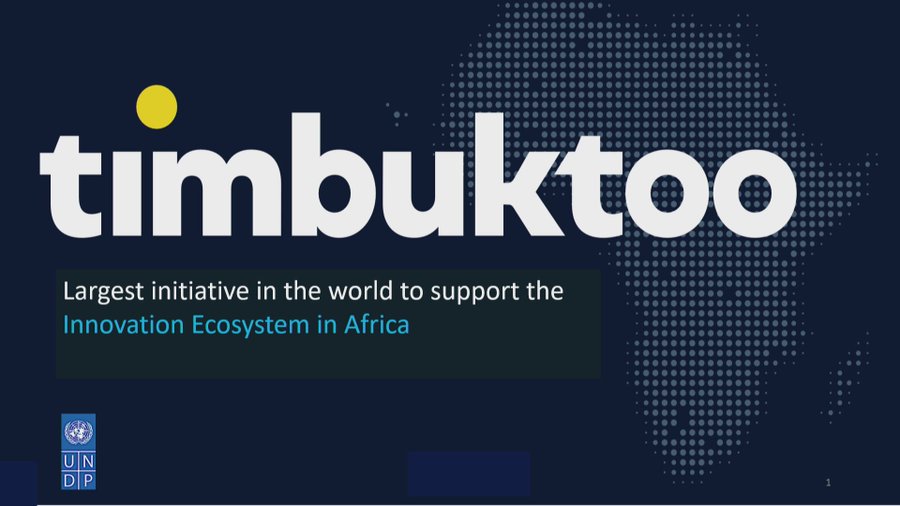
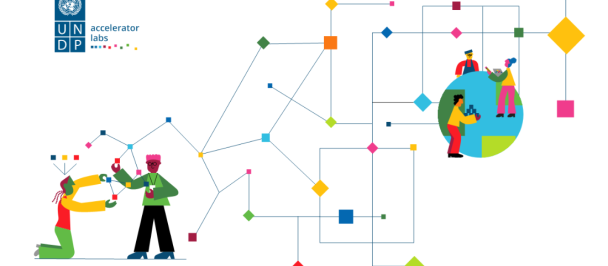
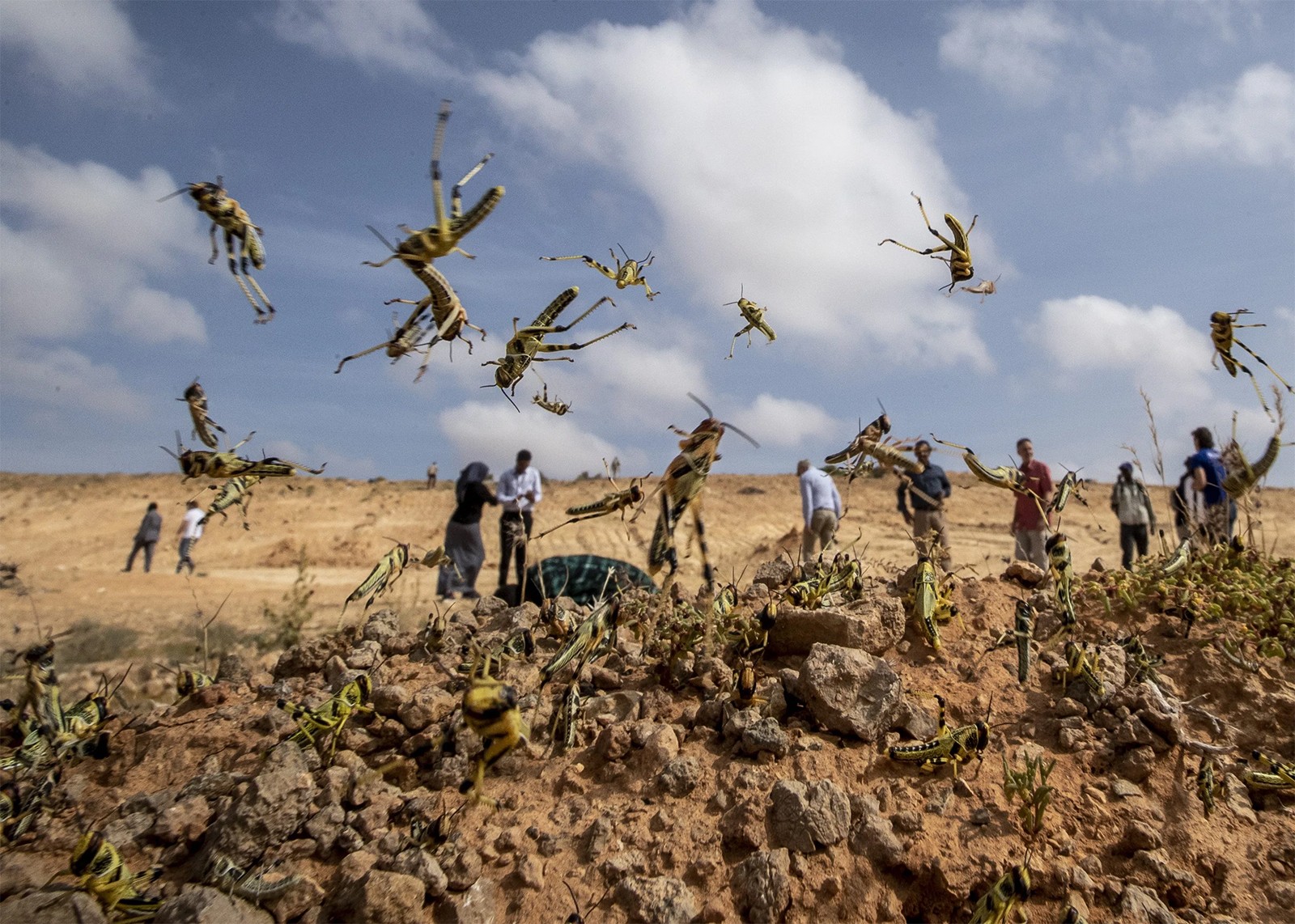



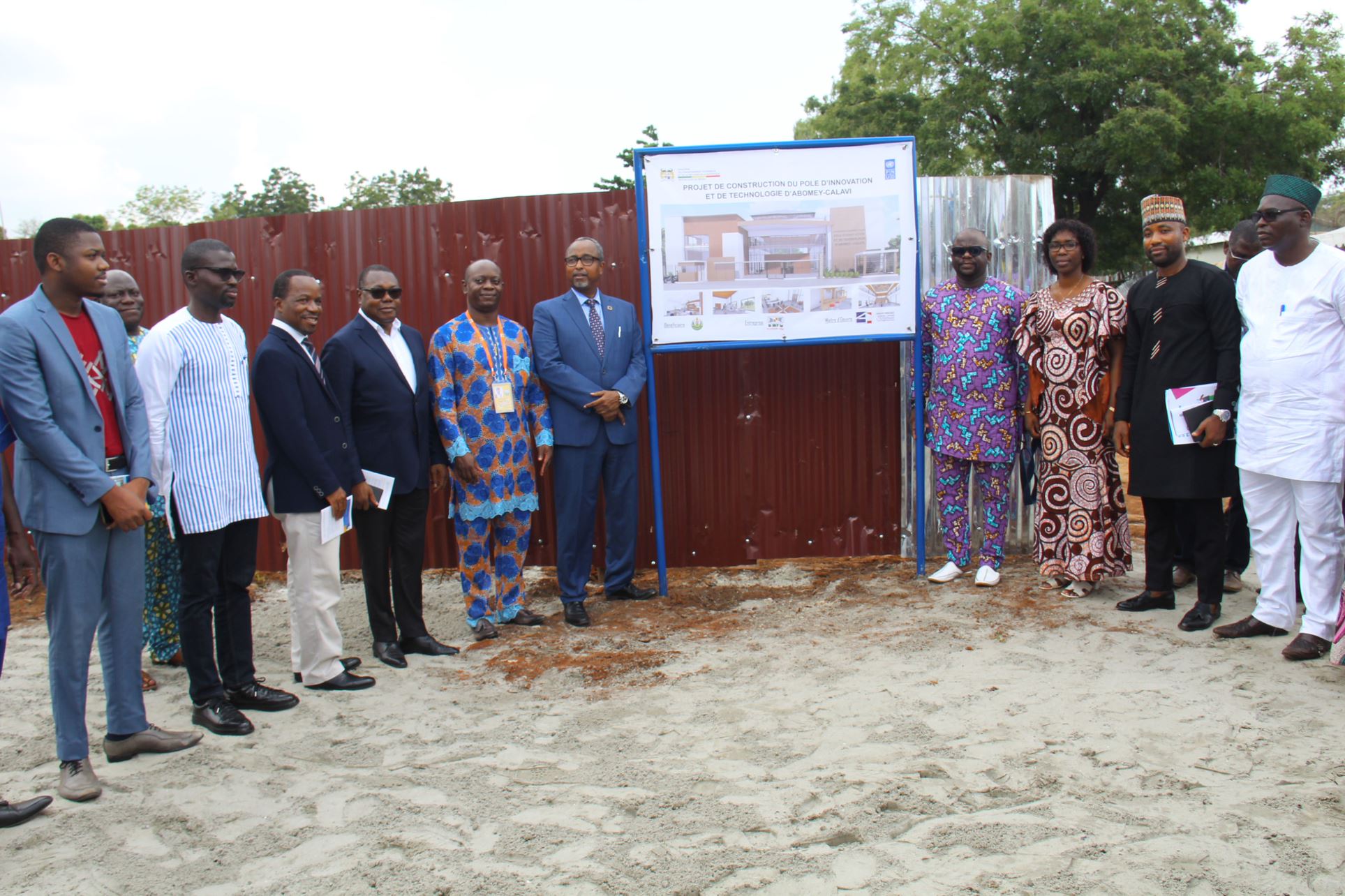
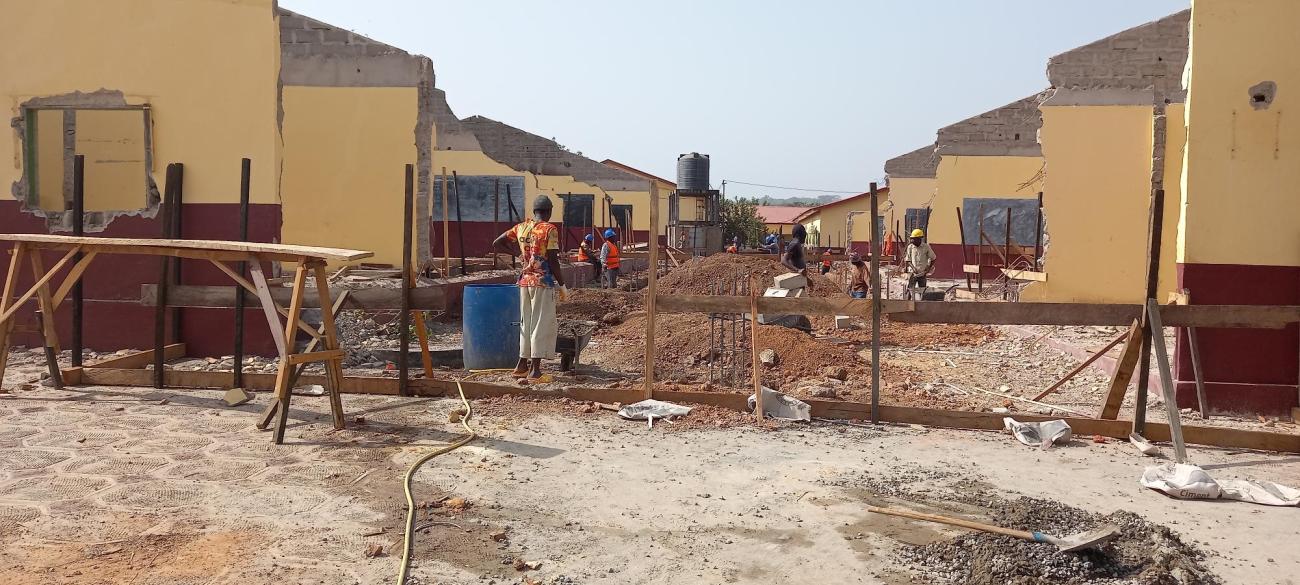
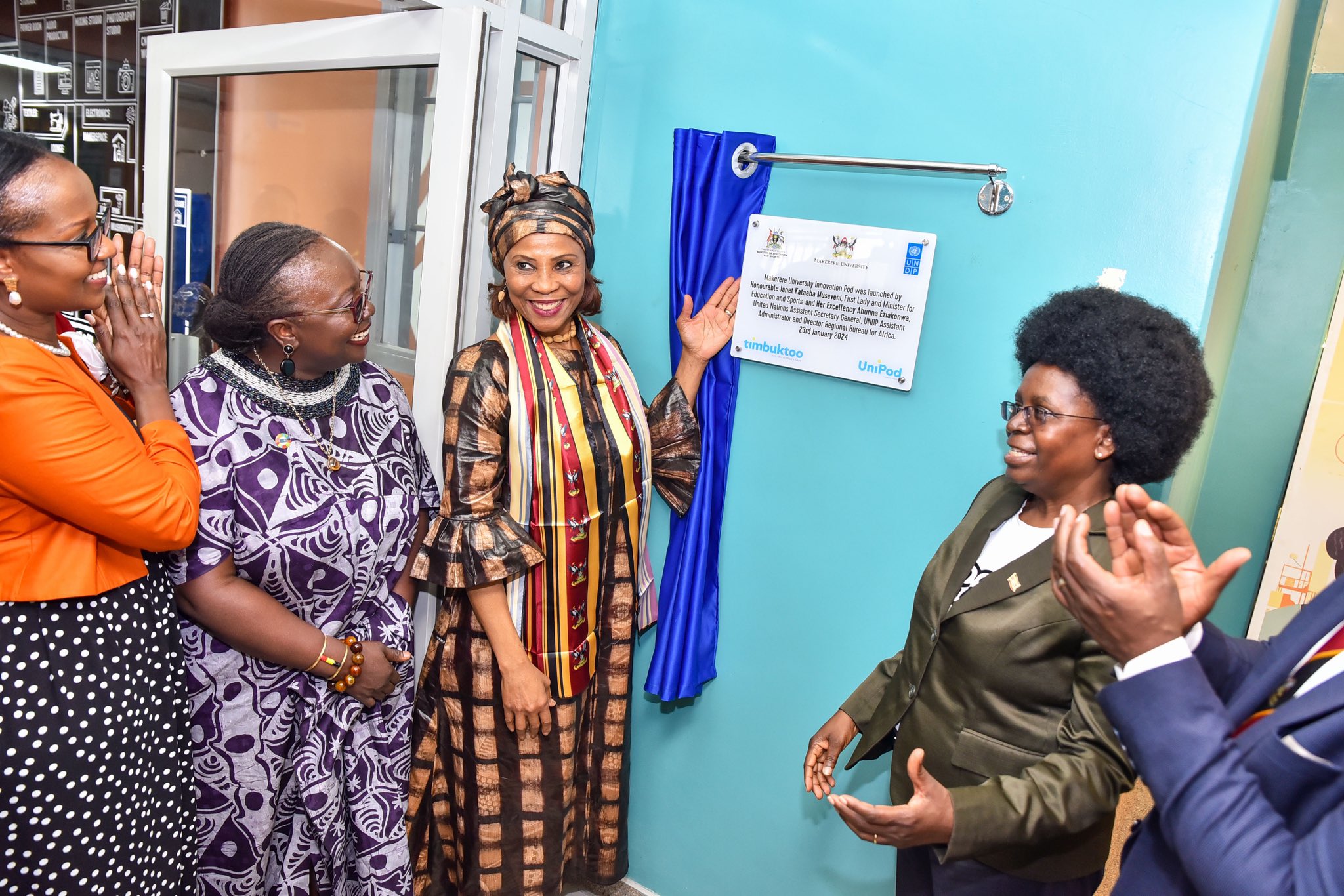

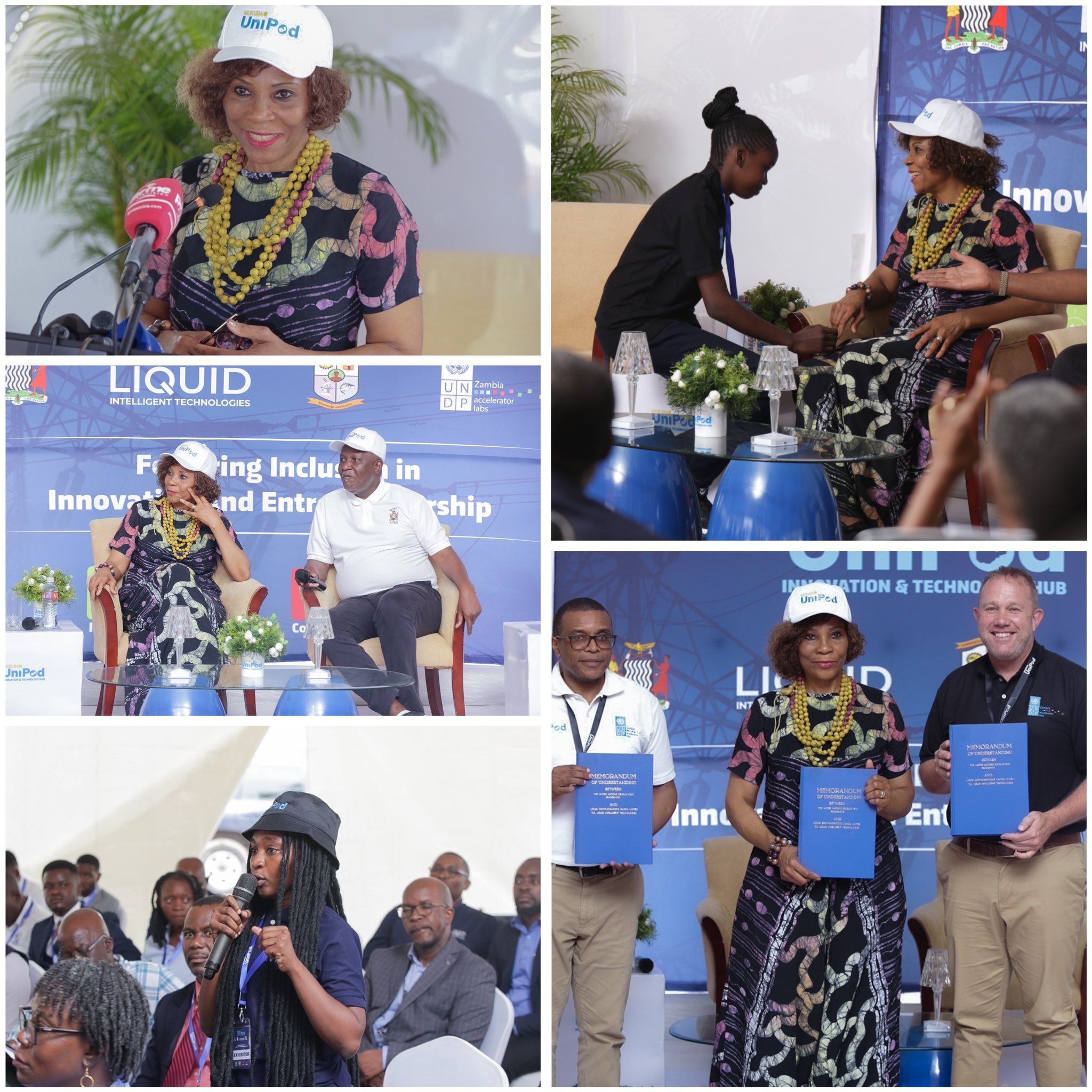
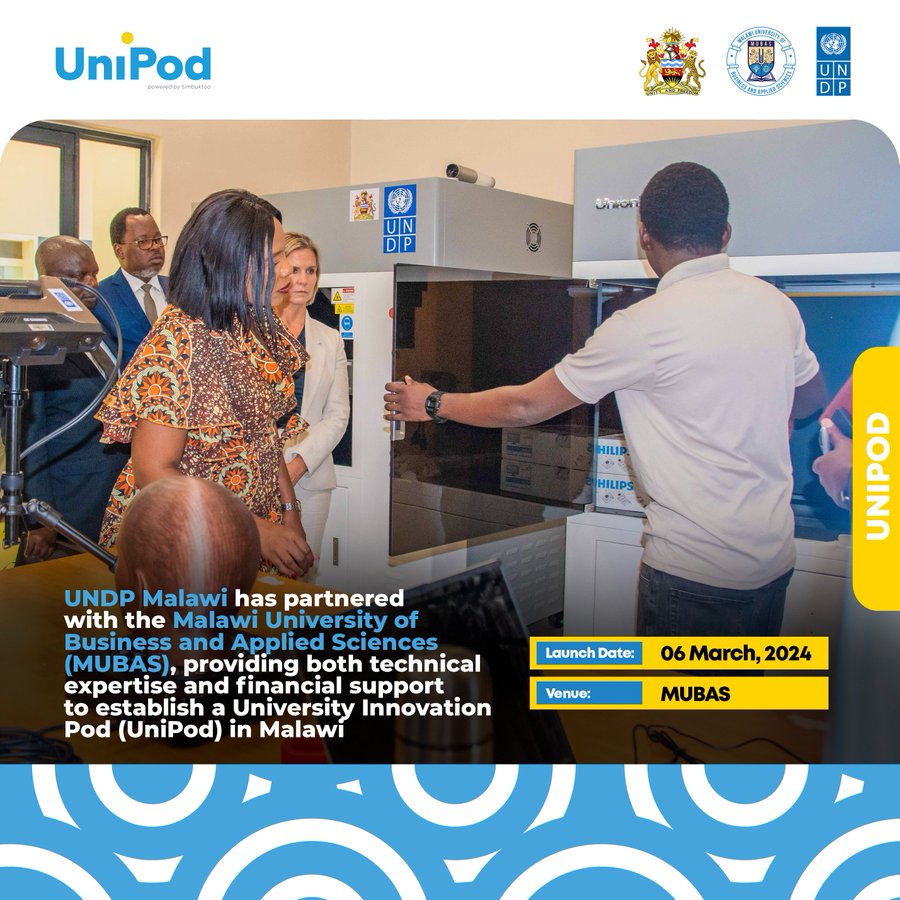
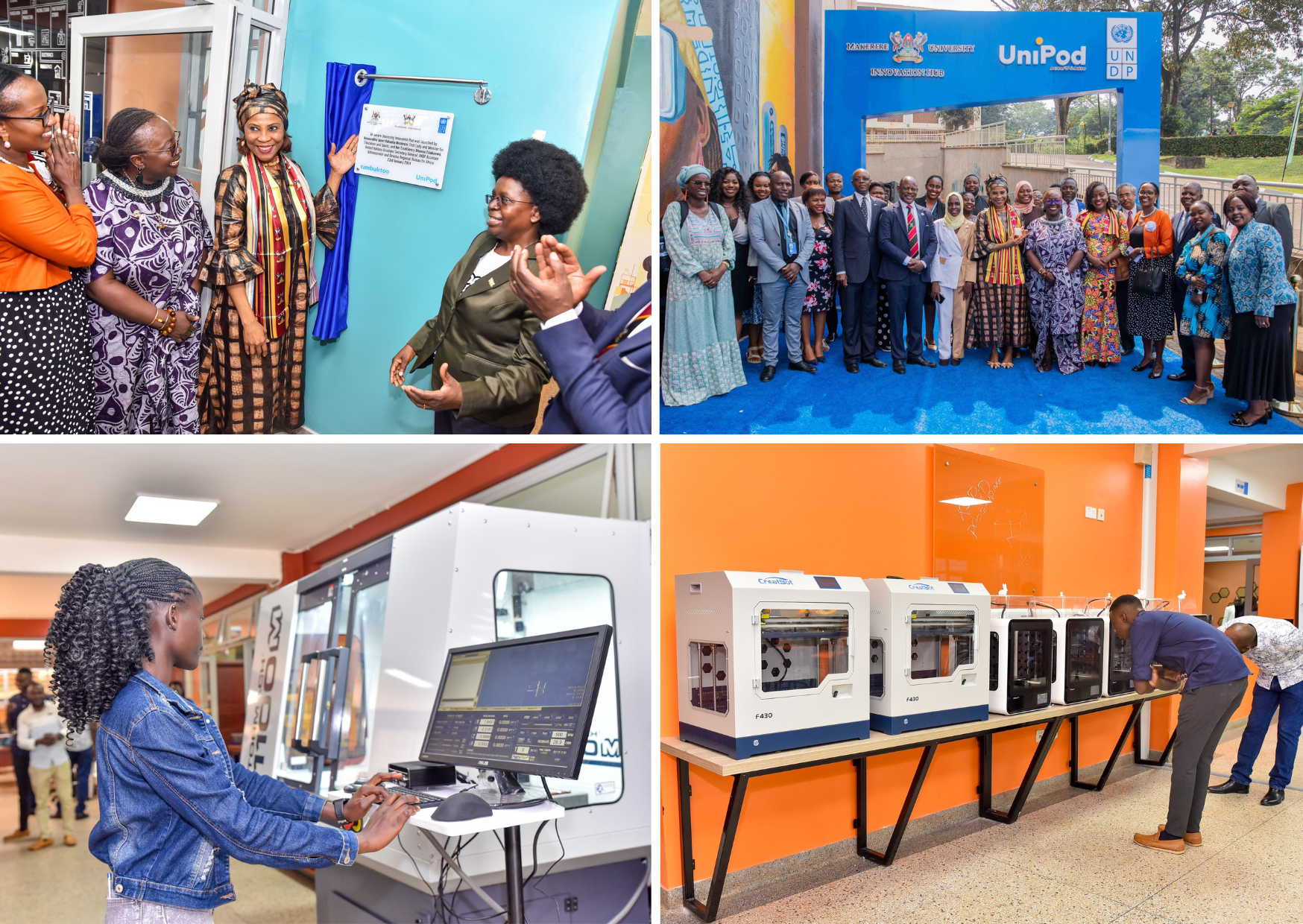
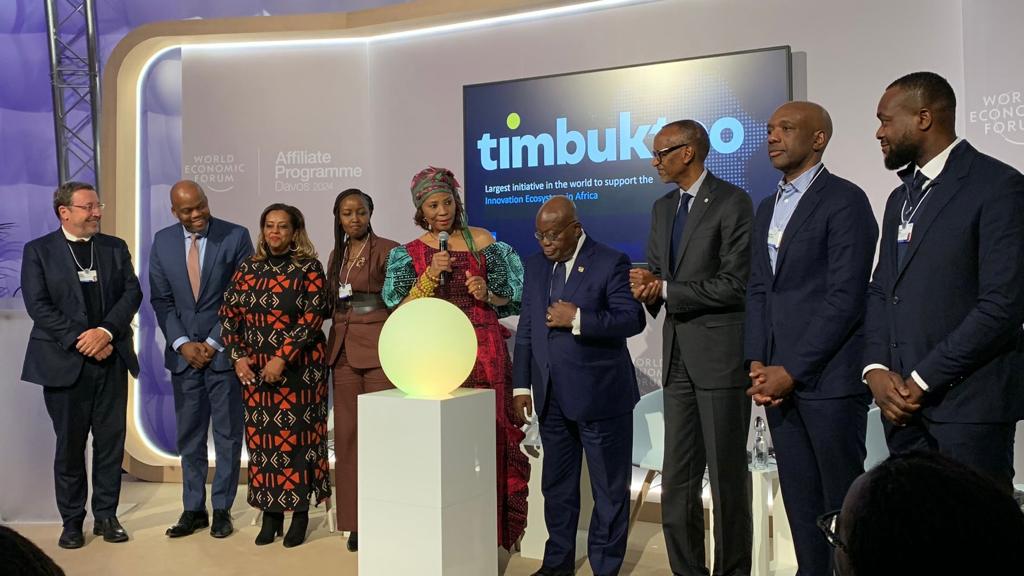
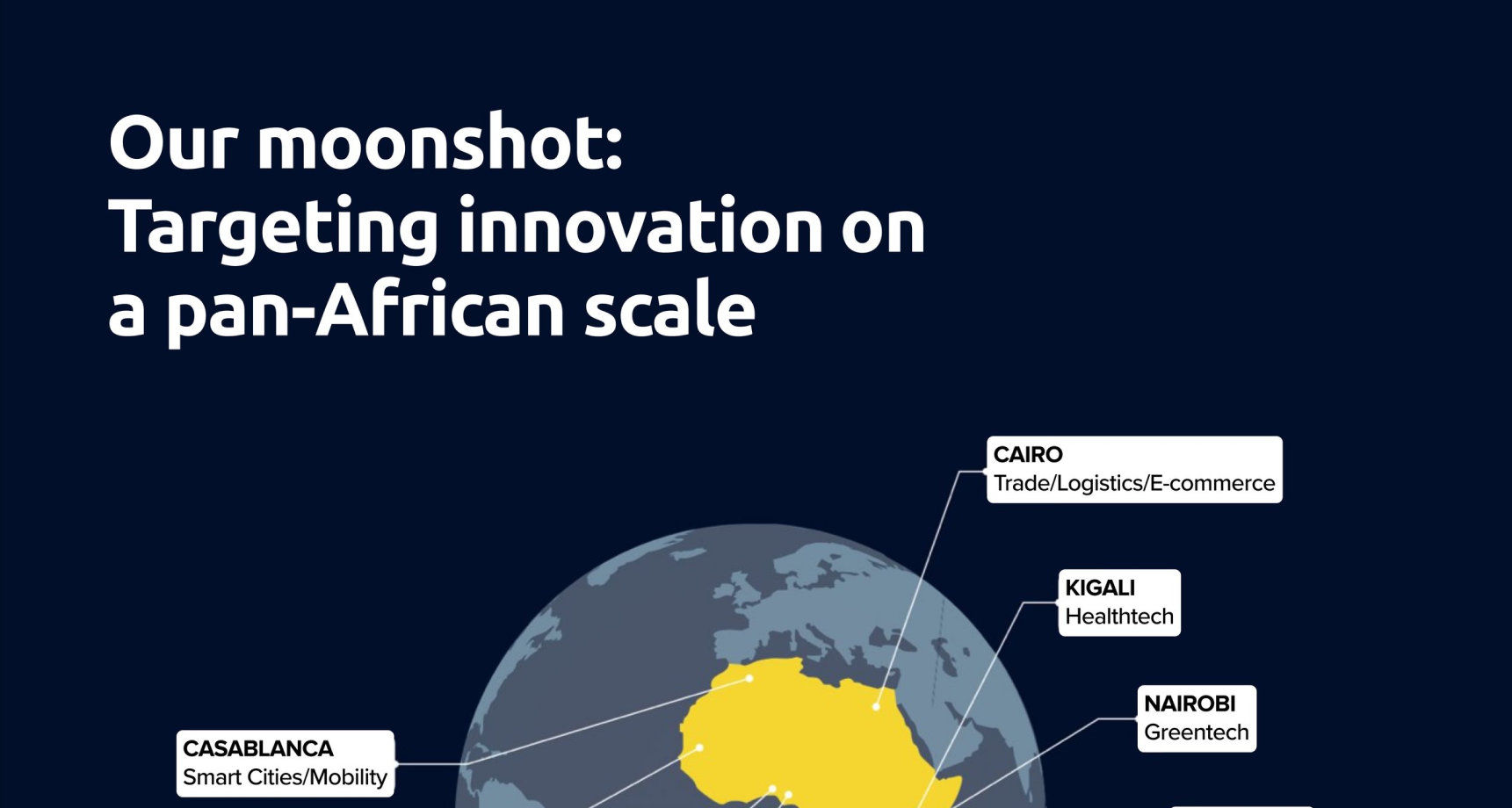
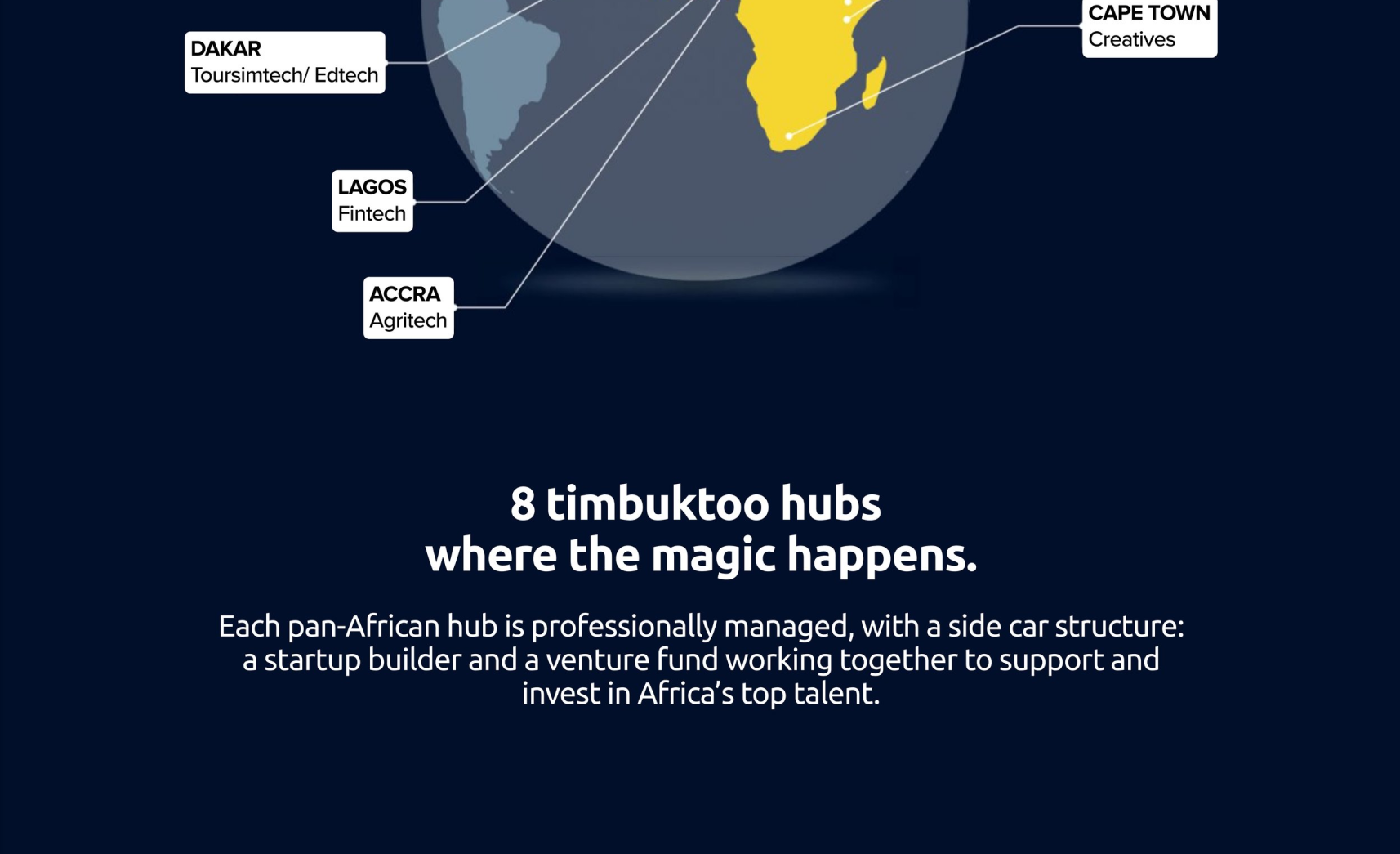

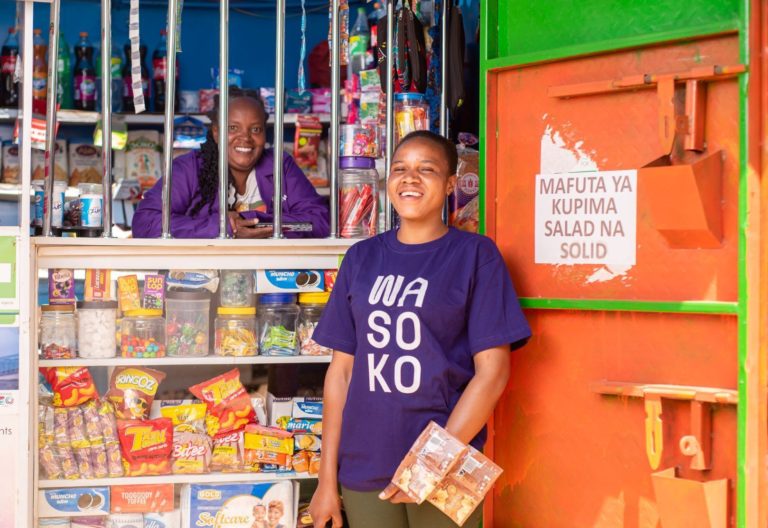
No comments:
Post a Comment